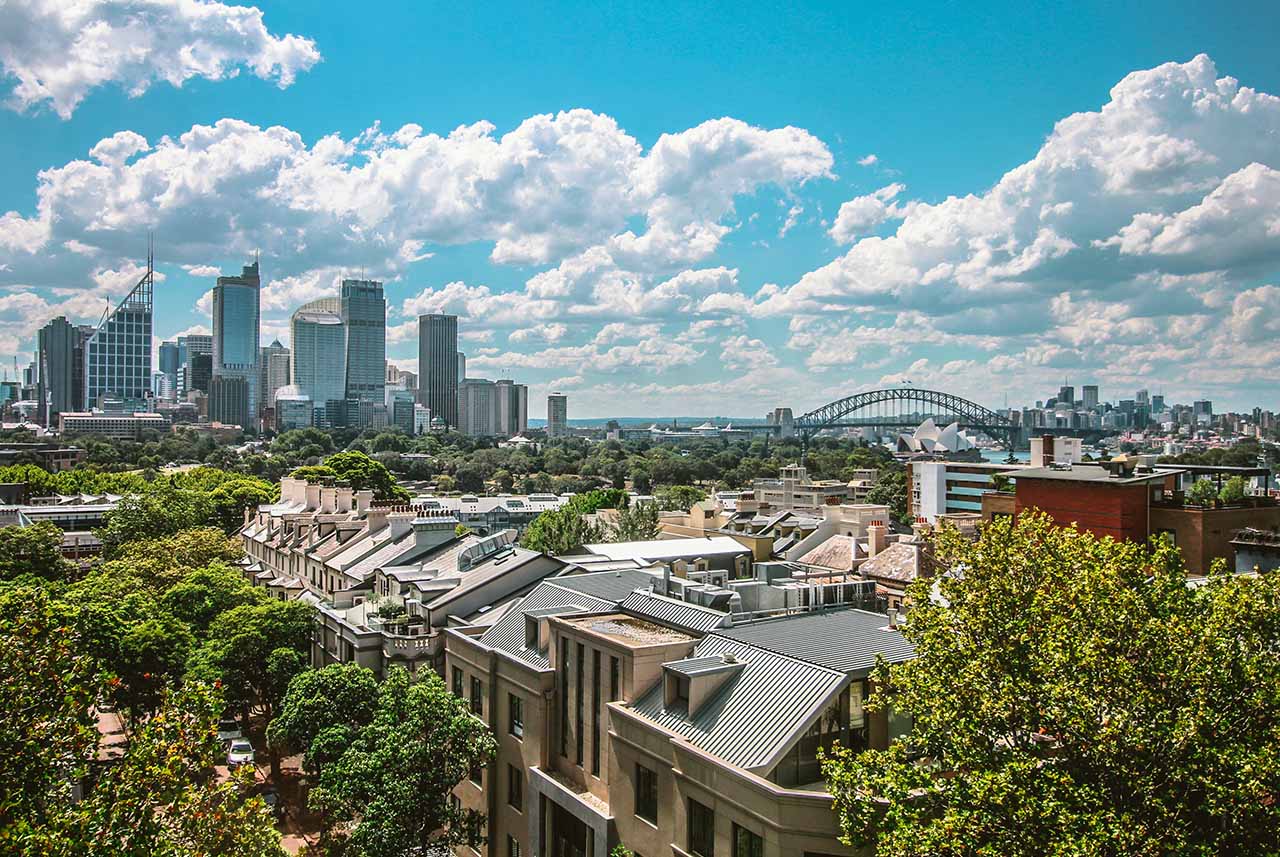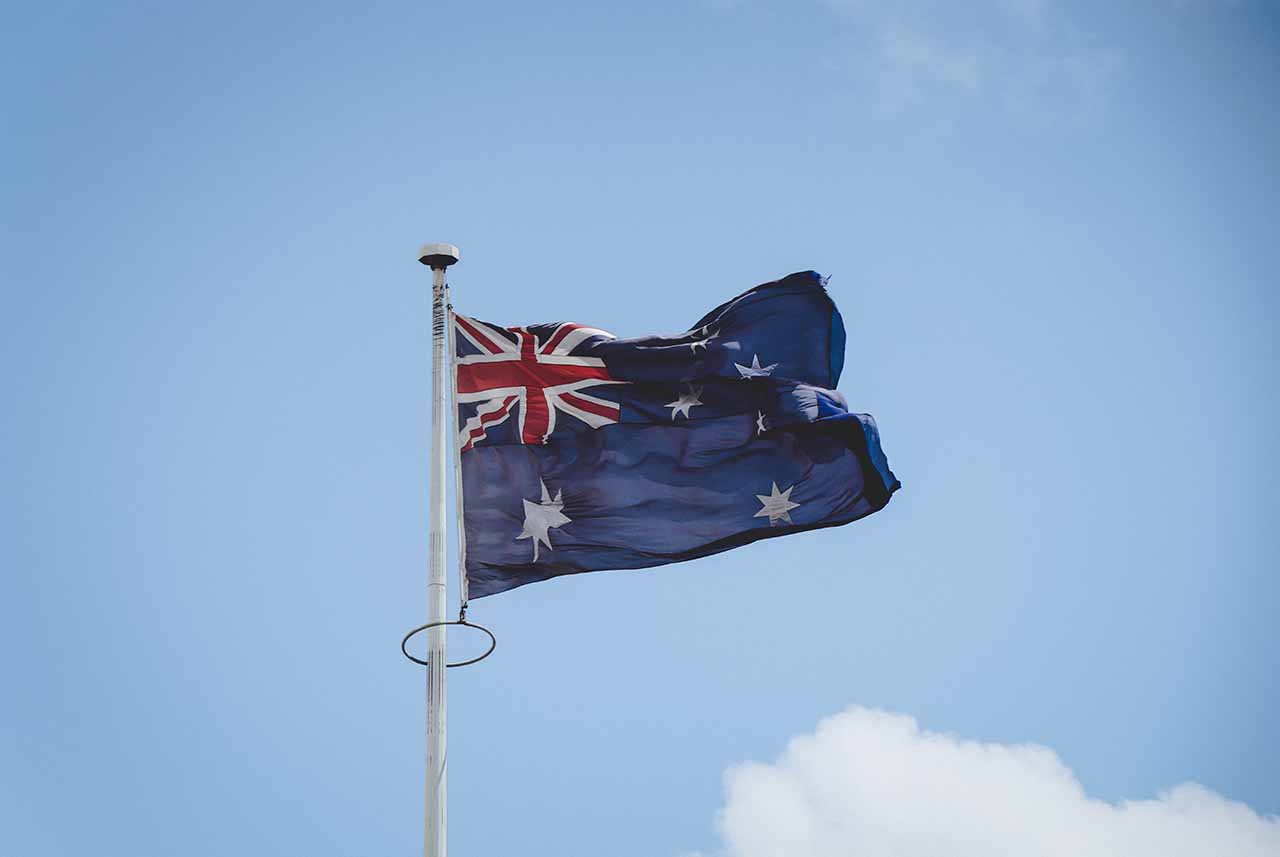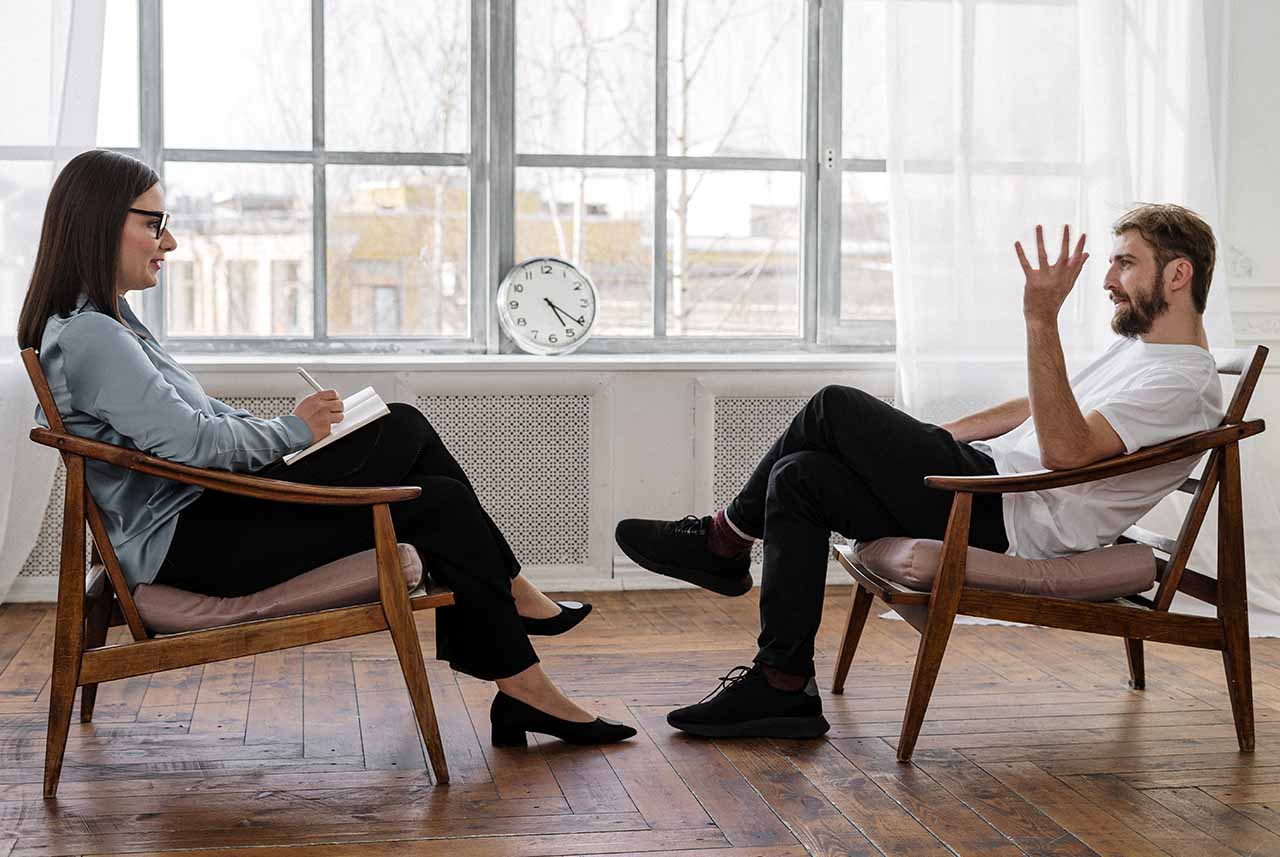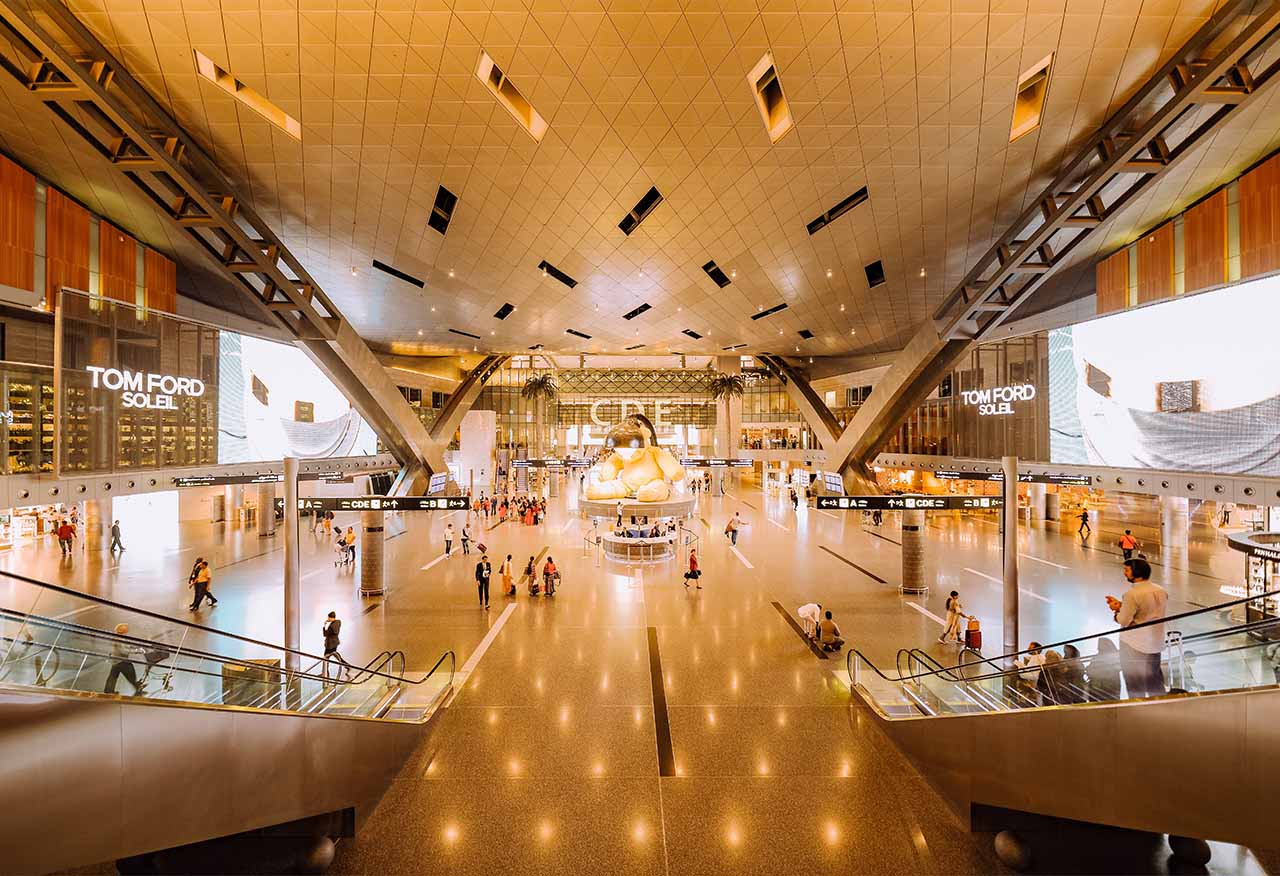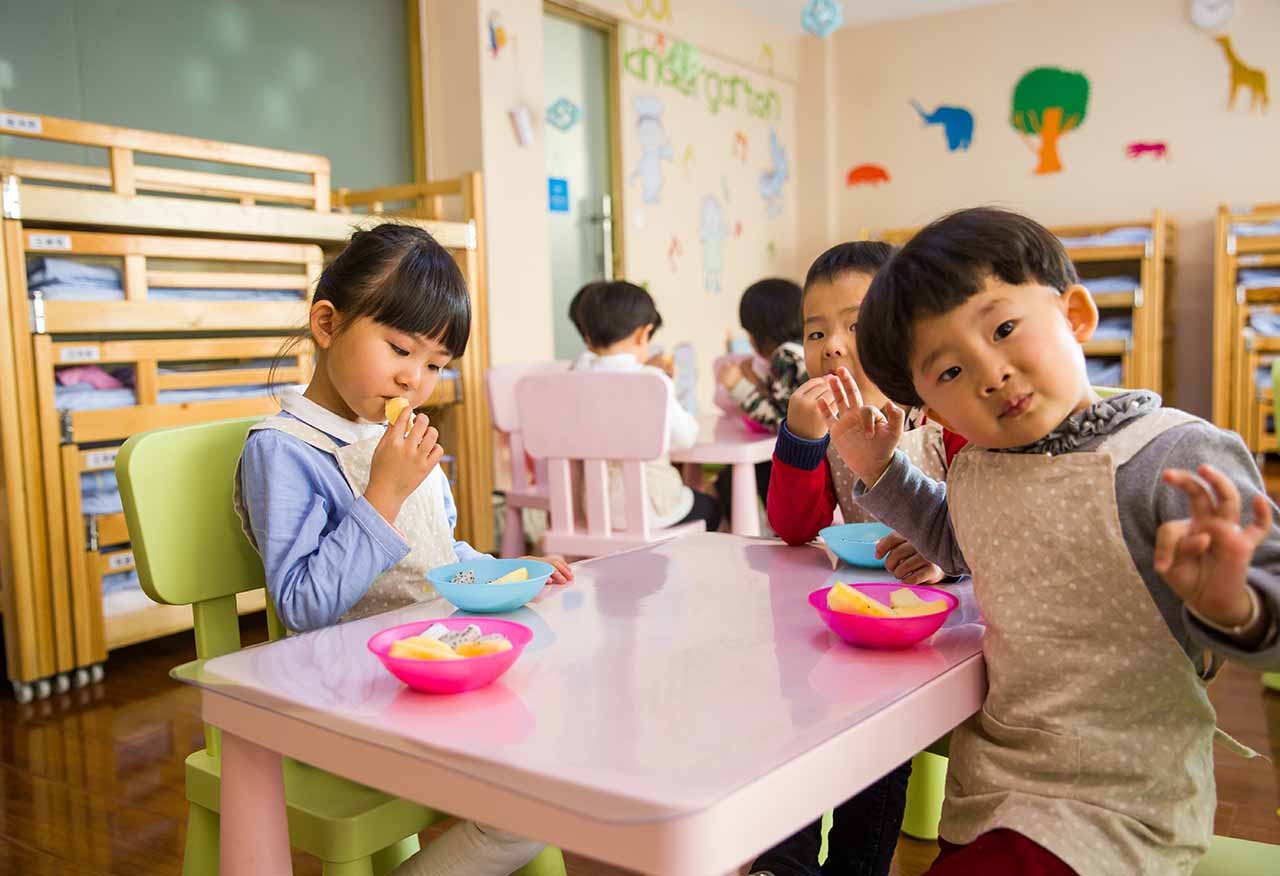Are you thinking of moving to the land down under or Australia? Perhaps you’re moving soon and want to know what to expect once you arrive, assuming more information to your research. Australia is a beautiful country brimming with culture and opportunities, it has many natural wonders from Daintree Rainforest to The Great Barrier Reef. It’s home to tech giants like Canva and Telstra, whether you’re tech savvy or work in tech, Australia sounds like a great place for you.
If you’re an animal lover or nature lover at heart, Australia won’t disappoint you since there’s many beaches and diverse wildlife waiting for you from Koalas to Kangaroo, which is why Steve Irwin’s family are still in the zoo industry there. Whether you call it Oz, The Great Southern Land or Sunburnt Country, Australia is a great country that many aspiring OFWs or international students wanted to visit and start a new life there. Read onto find out tips and hacks about moving and living in Australia!
1. On buying a property in Australia
If you’re thinking of buying a property in Australia and you’re just new to the city you’re living in whether Melbourne or Sydney, you can do so whether you’re a bachelor or with your family as long as you’re financially capable to do so. Just keep in mind that you’re not just buying a house or a property but the lifestyle. For example, if you want to be near the city of Central Business District or (CBD) you should look into apartments. If you’re keen on living near the suburbs then owning a house and lot sounds like a great idea.
However, if you want to live near the train station to have easy access for your commutes, a townhouse seems ideal for you. The mortgage is expensive due to the inflation currently Australia has, if you don’t have the budget what you will need is lots of courage, patience to save money, and researching skills to find the best estates, builders or off the plans around the city you’re living in, the general average of house prices in Sydney for example is AUD 1 million, however if you’re keen on owning a house in Australia soon since you’re already a permanent resident and is on the road to becoming an Australian citizen, you can take the risk but just keep in mind of these things: doing intensive research to weigh the risks, finding home solution programs, checking out builders or development opportunities in your area.
If you live in Sydney for example, there’s no affordable house and lot or property you can buy, you have to go out of the CBD area about 40-60 km away to find your ideal property within your budget, but if you have saved up huge amount of money to buy a property and wanted to live in the city then go for it!
In Australia, you will need around 20 percent deposit of the value of the property you’re looking at. If you’re looking at a AUD 1 million property then you need to pay 200,000 not including the Lenders Mortgage Insurance or LMI. Some banks allow first time home buyers to pay 5 percent or 10 percent deposit but with LMI. Getting a property in Australia can be tricky but if you’re determined you can do so! It’s perfect for people who plan to migrate to Australia and finally call it their forever home.
2. Cost of living
If you live in a city like Sydney or Melbourne, there’s no doubt the cost of living can be higher than if you’re in the states of Queensland or Adelaide. Manage your expectations if you plan to move and live in Australia, just because you have a higher salary pay abroad than in the Philippines or previous country you worked for as an OFW. For basic utilities, housing can be very expensive and usually takes half of the chunk of the budget if many people live in Australia, due to inflation prices have also increased for basic necessities.
The average rent weekly for an apartment in Sydney costs around AUD 450 a week which costs AUD 1800 in a month which can be huge money for minimum wage earners in the city who are just starting out. It’s important to keep in mind the minimum wage earner earns around AUD 20-21 per hour making approximately AUD 3,300 a month! If you’re an international student or on a working visa but have a limited budget and are still a bachelor, you have the option to do house sharing or room sharing to cut the costs.
There are many online Filipino communities groups, rental listings, and rental room websites to check out on these options for you! Of course the cost of living is different if you have a family and depends on the state you’re living in. Before you plan your trip to Australia, it would be best to assess and know if the cost of living is something you can work around with. Since the last thing you want to do is constantly work just to pay the mortgage and not having any time to explore and live your life!
3. For transportation or commuters
You will need a train card to get you around by a bus or train in Sydney it’s called Opal Card, and on an average the costs can be AUD 100 per week depending on how often you will commute whether for school or work. If you’re commuting on a daily basis, having a train card can help you cut costs. However, if you know how to drive and already have your Philippine driving license, and can drive on the left side you can take advantage of it.
For a brand new car, it will cost around AUD 18,000- 20,000 while for a second hand car on sale like in sites carsale.com, you will AUD 1,000-2,000 cars. If you’re still starting out in the city, keep in mind the petrol costs due to the inflation. The price has gone up, AUD 100 price for a full tanked car. For basic utilities it depends on your lifestyle and consumptions but the utilities can be affected by the seasons in Australia. For example, during autumn and spring, the basic utilities are low while for the summer and winter or can be high.
4. Casual attire culture
Don’t be surprised if most Filipinos are overdressed while Aussies are wearing casual wear. Even when they are in more formal settings, Australians tend to dress in a manner that is more casual. The majority of individuals prefer to dress in a manner that is informal and comfortable rather than in a manner that is formal. People who come from societies that have more stringent norms on appropriate attire may find this to be a rude awakening. The importance placed on relaxed dress reflects the importance that Australians have on being practical and comfortable.
5. Getting a job in Australia
Is it hard to get a job in Australia? The answer is yes or no, why? Since there’s a lot of factors to consider on your visa status, educational background and your work experience. One of the in- demand jobs in Australia are in Information technology, food and beverage, healthcare, education and more. Other people are blessed enough to land a job even before visiting Australia since their employers hired them overseas, others have families in Australia and they plan to study or take their chances in finding a job in the country once they get there.
Australia has a huge gap in the skilled workers sectors and many gaps in other workforce which they want to fill which makes way for permanent residency for skilled workers. All you have to do is be flexible in finding a job in Australia, work around the limitations of your visa especially if you’re on a temporary visa or a working visa but dependent on your spouse’s visa. At first it can be challenging to find a job if you have this type of visa since most employers are looking for people who are already permanent but it’s not impossible to find one. You can find jobs in Australia either through job portals like Indeed or Seek.
6. Egalitarianism and the pursuit of equality
When compared to other nations, social hierarchies are not as prominent or pervasive in Australia’s society due to the country’s strong egalitarian and egalitarianism traditions. People who have grown up in more hierarchical societies may find this to be a rude awakening in terms of culture. The Australian culture places a high importance on treating everyone with respect and is known for its frequent use of friendly banter and humorous self-deprecation. This cultural shock takes place due to the fact that the country’s values of justice and inclusiveness are reflected in the focus placed on equality and egalitarianism.
7. The healthcare in Australia is different
Healthcare systems abroad are different from the Philippines and this is one of the common reason why OFWs or aspiring Filipinos move abroad because they want to have a better quality of life and one of them is having a better healthcare. In Australia the process is different since you will be referred to different doctors who have different opinions and the processes can be confusing for people who are new to Australia.
One of the common struggles Filipino who moved to Australia says they faced is the doctor usually prescribe rest and panadol which is kind of like downplaying their illness. You really need to be firm and find the best doctor for your health since if you’re new to Australia, one of the adjustments you have to do is deal with body changes and culture shocks that can affect your physical and mental health.
8. Australian slangs and accent dilemma
Filipinos are mostly good in English and can have a conversation with anyone in English since its one of official language of our country, however even after passing the IELTS course, by the time you get there, you’ll realize that its easier said than done, the Australian accent can be hard to understand even for natives or British, its a common joke where even locals doesn’t understand each other. For example: Barbie means Barbeque since Australians love to have grills or Barbeque sessions with friends or loved ones in their backyards.
Ta means Thank you, Da means Darling, Brissy means Brisbane, Bomb means old, rusty car, Mcdonalds means , Maccas. Australia is a diverse country, a home to numerous people with different ethnicities and accents, which makes it an interesting country to live in. Its one of the best places to migrate to for OFWs or Filipinos who still want their children to grow up in a well rounded yet diverse country.
Don’t worry you’ll get used to the accents and the Australian slangs and words as you continue to live and adjust, sooner or later, you will laugh at yourself for the miscommunications or confusing learning curves you will experience! The huge number of people who have immigrated to Australia from a wide range of different countries has given the country a rich cultural diversity.
On the other hand, some visitors may be taken aback by the extent to which multiculturalism and the embrace of ethnic variety are ingrained in day-to-day life.This cultural shock happens due to the fact that multiculturalism in Australia is a product of the country’s immigration history and laws. Furthermore, multiculturalism in Australia shows the country’s commitment to inclusivity and respect for different cultures and languages!
9. Outdoor culture
The Australians have a deep appreciation for the great outdoors and a fondness for the natural world. The incredibly scenic landscapes, beaches, and parks that can be found throughout Australia are an essential part of the country’s culture. The number of barbecues, picnics, and other outdoor get-togethers that take place on a regular basis could take newcomers by surprise. This culture shock happens because the country’s climate, natural beauty, and the value put on leisure and relaxation are all reflected in the outdoor lifestyle. If you’re a huge fan of outdoors then moving to Australia sounds like a great place for you to move in!
10. Common culture shocks you will face in Australia
The early closing hours in Australia’s stores, shops, chemists ( pharmacy) close at 5 pm except for major supermarkets like coles, woolies, Big W, K mart that are located in the metro cities they close at 9-10 pm. So, if you’re not aware of the early closing time, you’ll be put at a disadvantaged especially if you need to run errands. You need to schedule your groceries and errands to avoid this dilemma.
In Australia, you might have to go out cashless since everything is used by cards and phones, even for your valid ID’s making it easier for everyone. While for the school curriculum, if you want to go to school or let your children study in Australia, depending on the school but its mostly manageable and easy to cope up with especially for primary level. Daycares are common in Australia, making it easier for OFWs parents to work since they also have a before and after school care for school age kids!
11. Asian grocery stores or shops will be your friend as a Filipino
If you’re wondering whether to buy Asian condiments or vegetables you’re commonly familiar with in the Philippines like Pechay or Bok Choy, Sayote as Chow Chow, Malunggay as drumsticks. You can find many Asian goods in Asian grocery stores or commonly known as shops in Australia especially Filipino goods or vegetables and fish. In Australia, you’ll be buying prepackage meat but in the Philippines you can buy fresh meat and ask the butcher to cut them for you.
12. Work-life balance culture
In general, Australians place a high value on maintaining a healthy work-life balance. The idea of striking a healthy balance between one’s professional and personal life may be foreign to some newcomers, particularly those who hail from countries or cultures that place a greater premium on labor. The pursuit of personal interests, quality time spent with family and friends, and leisure activities are highly valued in Australia.
This culture shock happens because the Australian ethos of enjoying life outside of work is reflected in the emphasis placed on maintaining a healthy work-life balance. In Australia, full-time employment is commonly described as working 38 hours per week, with the majority of employees putting in anywhere between 7-8 hours each day. Because of this, people have more time for things that aren’t related to their jobs, such as their personal lives.
A large number of businesses in Australia provide employees with the opportunity to participate in flexible work schedules, including reduced workweeks, part-time work, flexible hours, and telecommuting choices. Because of these arrangements, individuals are able to modify their work schedules so that they better accommodate their personal obligations.
The best part is that employees in Australia are entitled to paid annual leave, which is typically around 4 weeks per year but varies depending on how long they have been employed. In addition, public holidays are celebrated at various times throughout the year, resulting in longer breaks as well as additional possibilities for leisure and quality time with family.
In addition to yearly leave, employees in Australia are eligible for a variety of different types of leave, such as personal leave in the event of illness or emergency, parental leave upon the birth of or adoption of a child, and long service leave in recognition of significant periods of service to the company.
The Australians place a high emphasis on their free time and frequently participate in sports and other outdoor activities. The country’s natural splendor, temperate climate, and close proximity to both beaches and national parks all contribute to an environment that supports a work-life balance that is both healthy and active. A significant number of businesses in Australia place a high value on the health and happiness of its staff members, and as a result, they provide access to a variety of programs that promote both physical and mental wellbeing, such as gym memberships, wellness programs, and mental health resources.
You should also be aware that Australia has a robust legal framework, comprised of employment laws and regulations, that serves to defend the rights of workers. Collective agreements, industry awards, and the Fair Work Commission all contribute to the maintenance of equitable working conditions, suitable compensation, and reasonable working hours.
13. Day cares culture
If you’re an OFW parent daycares are important in Australia especially if you’re working, Australia’s daycare culture shows how much the country values early childhood education and care. Australian daycare, which is often called “childcare” or “early learning centers,” is a very important part of a child’s development. It gives them a safe and caring place to grow up and helps them learn and make friends.
Australia has rules and licenses for daycare centers to make sure they meet certain quality standards. The National Quality Framework (NQF), which sets guidelines for early childhood education, care, and safety, has been put in place by the Australian government. This framework includes things like staffing ratios, staff qualifications, educational programs, health and safety practices, and children’s general well-being.
The daycare centers focus on the whole growth of children. They offer a variety of learning and play activities that help kids grow in social, emotional, physical, and mental ways. Some of these things might be arts and crafts, playing outside, listening to music and moving to it, learning to read and count, and getting to know other people and solving problems.
Frameworks like the Early Years Learning Framework (EYLF) and the Australian program are often used to plan the program in Australian day cares. The main goal of these structures is to help children be more curious, independent, creative, and interested in learning. They focus on learning through play, where kids are free to explore, try out, and do things that interest them. This encourages a love of learning that will last a lifetime.
Australia’s daycares also put a lot of value on building good relationships with parents. They encourage open conversation between parents, caregivers, and educators because they know how important it is to work together to help children grow and learn. In daycare centers, it’s usual to get updates, meet with parents and teachers, and be involved in making decisions.
Day care centers try to make a setting that welcomes people of all cultures, languages, and abilities and shows respect for them. They want all children to feel like they fit and to learn about and accept other cultures.
Also, Australian daycare centers put the health, safety, and well-being of children at the top of their list of priorities. They follow strict rules about health and cleanliness, do risk assessments, and have clear plans for what to do in an emergency. The places often serve healthy meals and teach people how to eat well. Daycare is paid for by a mix of government funding, contributions from parents, and fees. The Child Care Subsidy (CCS) is a payment from the government to qualified families that lowers the cost of child care and makes it easier for parents to pay for it making it friendly for new migrants in the country.
